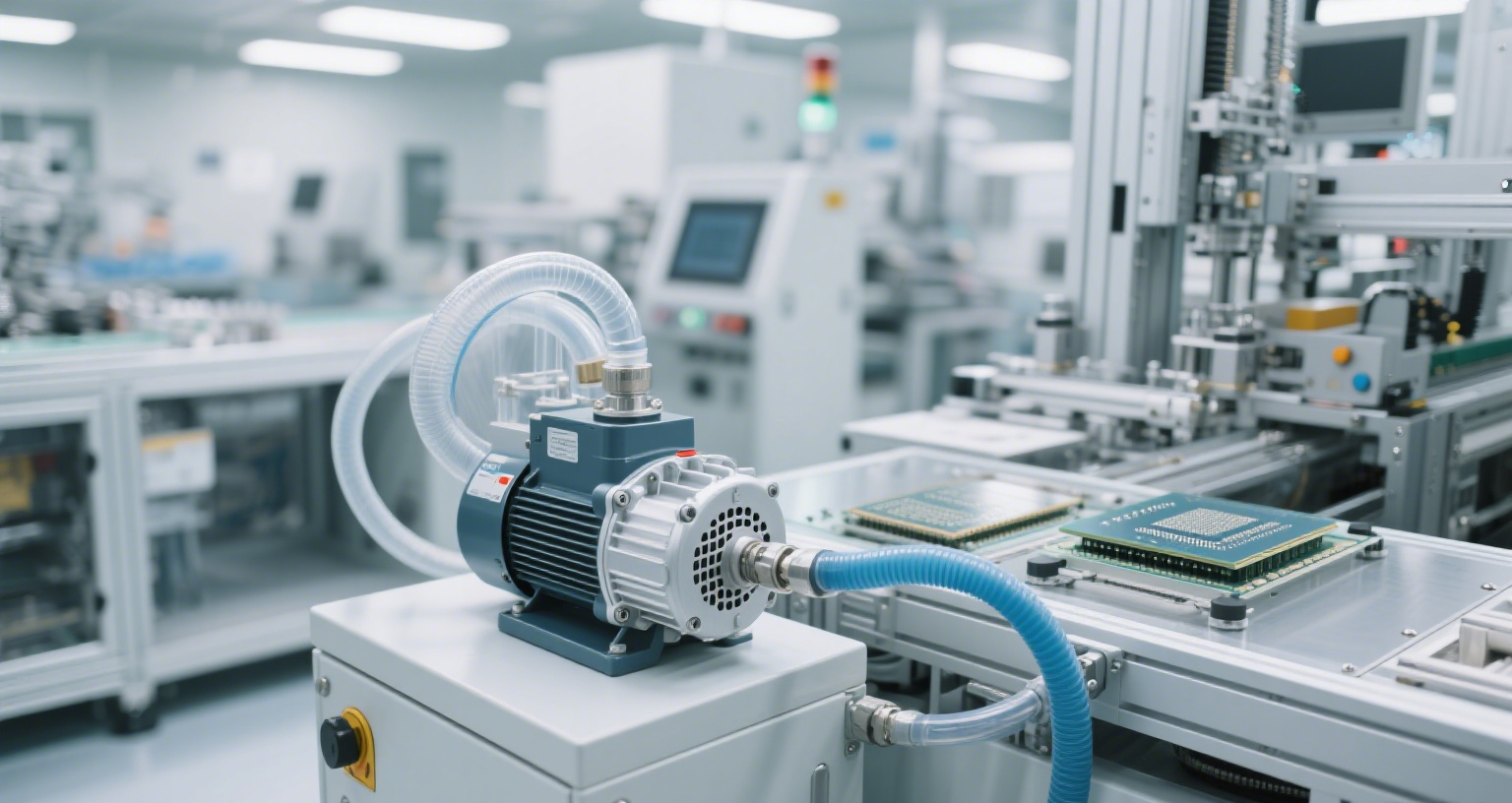 Industry News
Industry News "Tariff Deadline" in Countdown: Trump Opts for Direct Notifications, Axes Meeting Requires
"Tariff Deadline" in Countdown: Trump Opts for Direct Notifications, Axes Meeting Requires
2025-11-20
2025-11-20
2025-10-13
2025-08-27
2025-08-19
2025-07-30
 Current Affairs
Current AffairsWhen selecting vacuum pump models suitable for industrial production, scientific research, medical applications, and other fields, multiple factors need to be considered comprehensively.
I. Industrial Production Field
1. Process Requirements
For processes such as vacuum coating that require high vacuum levels and stable pumping speeds, oil diffusion pumps or turbomolecular pumps can be chosen. Oil diffusion pumps provide high vacuum levels but require oil as the working medium, necessitating attention to oil contamination issues. Turbomolecular pumps, on the other hand, are oil-free, offer high vacuum levels, fast pumping speeds, and quick startup, making them suitable for coating production lines with high cleanliness requirements.
For processes like vacuum drying that require large gas throughput, a Roots-rotary vane vacuum unit may be more appropriate. Roots pumps can increase pumping speed, while rotary vane pumps serve as backing pumps, achieving the required vacuum level under high gas throughput conditions.
2. Working Environment
In industrial environments with high temperatures, high humidity, or corrosive gases, vacuum pumps with corrosion resistance and good sealing performance should be selected. Examples include rotary vane pumps with special coatings or materials, or water ring vacuum pumps(for mildly corrosive gases). Water ring vacuum pumps also feature isothermal compression, providing an advantage when handling flammable or explosive gases.
II. Scientific Research Field
1. Experimental Requirements
In experiments requiring extremely high vacuum levels, such as high-energy physics or surface analysis, turbomolecular pumpsare commonly used. They offer a wide pumping speed range and can achieve ultra-high vacuum environments, meeting the needs of equipment like scanning tunneling microscopes.
For scientific research involving corrosive or special gases, such as chemical vapor deposition experiments handling silane or other corrosive gases, corrosion-resistant dry screw vacuum pumpsor specialized cryopumpsshould be selected.
2. Vacuum Range
If experiments only require a rough vacuum environment, such as simple vacuum drying,water ring vacuum pumps or rotary vane vacuum pumps are sufficient. For experiments requiring ultra-high vacuum, such as particle accelerators, a combination of high-vacuum pumps like turbomolecular pumps and titanium sublimation pumps may be necessary.
III. Medical Field
1. Hygiene Standards
Vacuum pumps used in medical equipment must comply with strict hygiene standards.Dry vacuum pumps, particularlyoil-free dry screw vacuum pumps, are more suitable for medical applications due to their oil-free and contamination-free characteristics. For example, they are ideal for vacuum suction systems in dental clinics, avoiding oil contamination risks to patients and equipment.
2. Noise and Vibration
In hospital wards or quiet treatment environments, vacuum pumps with low noise and vibration are essential. Diaphragm vacuum pumps, for instance, can minimize disturbances to patients and medical staff.
In summary, selecting the appropriate vacuum pump model for different fields requires comprehensive consideration of factors such as process requirements, working environment, vacuum range, hygiene standards, and noise and vibration levels.
